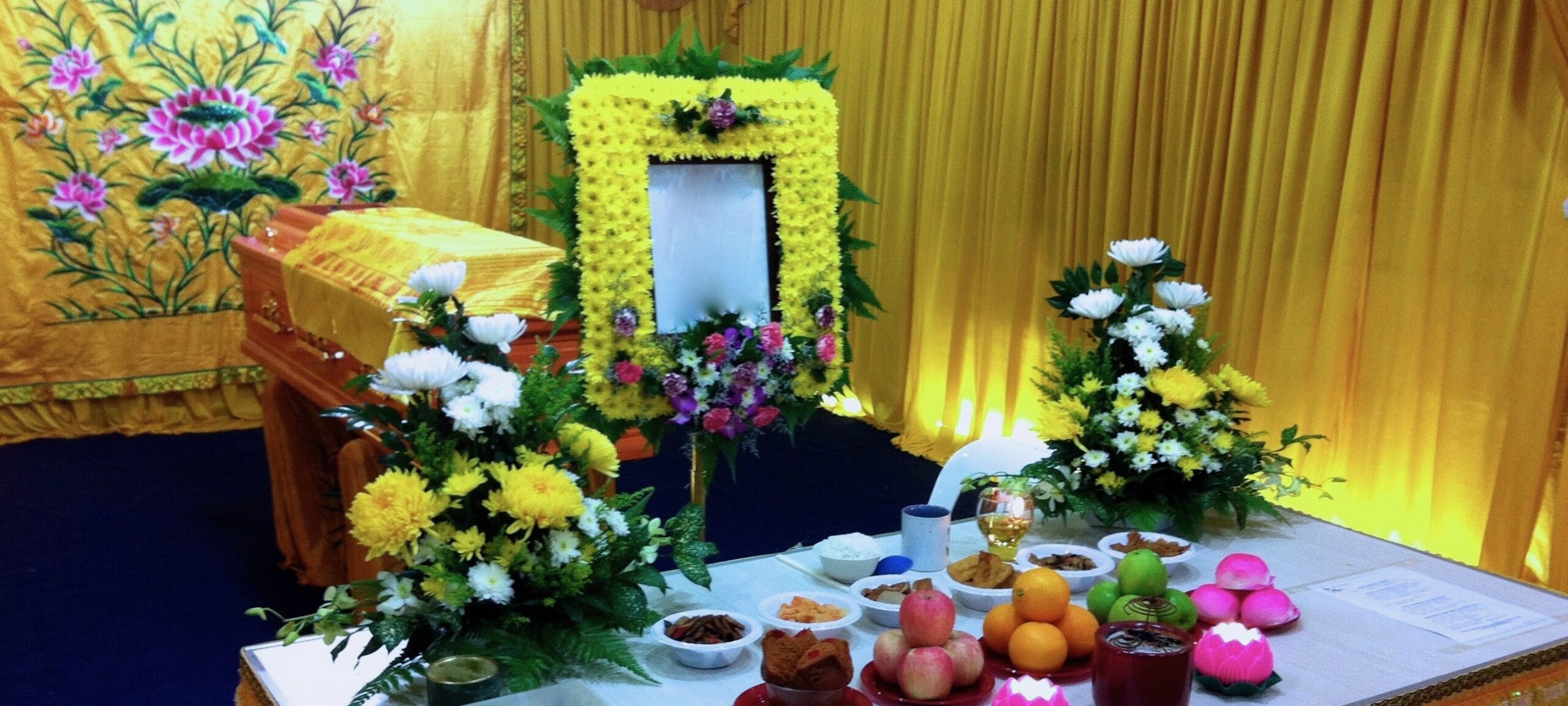The ceremonies of Buddhist funeral services are rooted in the practices of mindfulness and compassion, essentially ceremonial at their heart. These ceremonies are a meaningful way to pay respects for the departed, facilitate their passage to the next life, and offer comfort to the family members who grieve. These services are rooted in mindfulness and compassion, direct to every ritual, practice.
For example, this write-up discusses the role of mindfulness and compassion in the Buddhist funerary customs and why these values are crucial to the practice of departure a beloved one.
Mindfulness in Funeral services in Buddhism
Mindfulness emphasizes being present in the moment with full awareness and acceptance. There are many mindfulness suicides through the Buddhist funerals.
1. Meditative Rituals
Buddhist funerals frequently involve the practice of meditation. Stillness in those pauses helps the guests mull over the transitiveness of life, and provides a sense of calm to their inner selves. Mindfulness meditation transforms the environment so that mourners might find solace in their grief.
2. Chanting and Prayers
Buddhist funerals revolve around chanting; sutras or mantras recited by monks and family members. The mantra helps with awareness as it directs attention to sacred sounds found within religion, molding spiritual inner peace and serenity.
3. Embracing the Impermanence
One of the core teaching in Buddhism: Everything is transient or impermanent. Mindfulness helps people come to terms with the inevitable process of life and death to gain acceptance and peace when someone lost.
Compassion in Buddhist Funeral Services
1. Memorial for the Deceased
In Buddhist funerals, none is supposed to give respect for its departed directly or indirectly. Acts of showering the body with water, flowers… lighting incense are signs of reverence & compassion.
2. Support for the Departed Soul
Prayers and rituals are meant to assist the dead after death in a more favorable rebirth. The point is to take their consciousness out of samovar (cyclic existence)—away from suffering and towards liberation.
3. The Comfort of Grief
Grieving Family & Friends Included in Acts of Compassion Buddhist communities frequently provide relief via communal activities, shared meals, and related emotional supports that encourage community and healing.
Enhances the funeral experience with Mindfulness and Compassion
Setting a peaceful environment
The mindfulness focus brings peace, so that audience members can grieve and process their feelings in a space of support.
Fosters Emotional Wound Healing
Compassionate practices reduces the load of grief, making mourners feel supported. When we share the rituals, collective healing becomes possible.
Fosters Reflections and Renewal
The teachings of Buddhism can remind their guests of impermanence and actively live with intention. They drive us to reflect upon our lives — and in the present moment.
Serves Spiritual Work
Rituals done mindfully and a compassionately are thought to facilitate a more seamless transition into the next phase of existence for the deceased soul.
Daily Practices that include Mindfulness and Compassion
1. Alms Offering
Giving food to monks and donating towards good cause on the behalf of a person who has passed is a kind act that will help his / her loved ones that be karma in positive.
2. Candles Incense
Which are symbolic acts that convey: Enlightenment Incense this makes the atmosphere mindful and respectful to the dead.
3. Create merit
Buddhism funerals are centered in merit-making activities which consist chanting, meditating or doing good deeds. Both the dead and living get the benefit of these actions, since they generate positive energy.
4. Monks supervised services
The Buddhist funeral ritual is usually led by monks, who will pray, chant sutras and take the family through their mindfulness/compassionate practice.
Conclusion
Mindfulness and compassion are foundational to Buddhist funeral customs; influenced by this, communities then make their rituals for honoring the dead and supporting the living. Such values create an environment of peace, acceptance and leveraging the spiritual process — redeeming for all in transition.
Buddhist funeral services open up when mindfulness and compassion are the paradigm by which it does not end at physicality of good-byes; but turns this into an experience that stands above, rich with the love rooted in intimacy and understanding.



